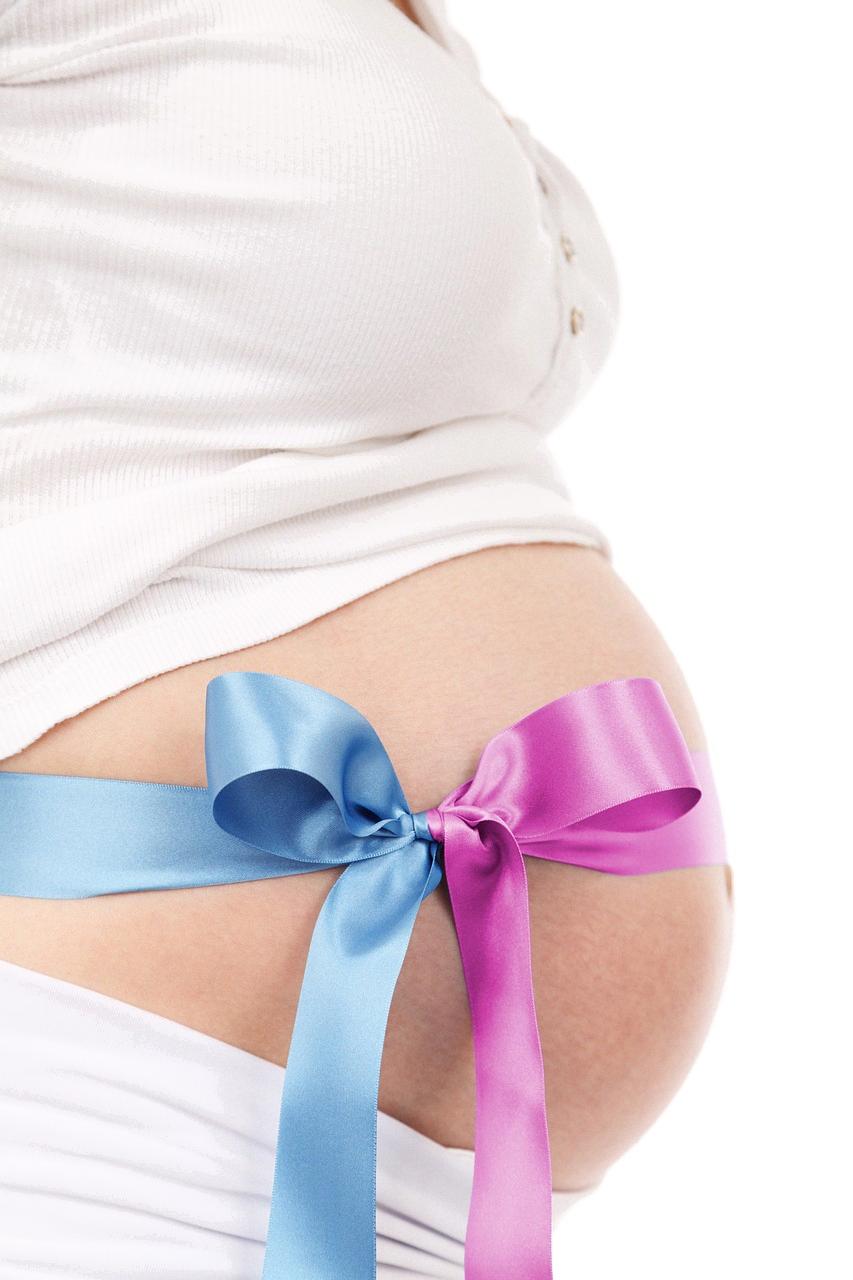As you approach the 38-week mark of your pregnancy, it’s common to start wondering about the signs that labor may be near. While every woman’s experience is unique, there are some common indicators that can signal the onset of labor.
1. Changes in Contractions
One of the most noticeable signs of labor is the presence of contractions that become more frequent, intense, and regular over time. You may feel these contractions in your lower abdomen or back, and they may come and go in a consistent pattern.
2. Cervical Dilation and Effacement
As your body prepares for childbirth, your cervix will begin to dilate and thin out (efface). Your healthcare provider can check these changes during a prenatal visit to see if your cervix is opening in preparation for labor.
3. Increase in Vaginal Discharge
Another sign of approaching labor is an increase in vaginal discharge that may be tinged with blood. This discharge, known as the “bloody show,” can be a result of the mucus plug being expelled as the cervix opens.
4. Water Breaking
When the amniotic sac ruptures and releases amniotic fluid, commonly referred to as the water breaking, labor is often imminent. If you experience a gush or a slow trickle of fluid, it’s essential to contact your healthcare provider immediately.
5. Nesting Instinct
Some women report experiencing a sudden burst of energy and the urge to clean, organize, and prepare their home for the arrival of the baby. This nesting instinct can be a sign that labor is approaching.
6. Back Pain and Pressure
As the baby moves lower into the pelvis in preparation for birth, you may experience increased back pain and pressure in your lower pelvic area. This can be a sign that your body is getting ready for labor.
7. Changes in Digestion
Some women experience diarrhea or nausea in the days leading up to labor as the body clears the digestive tract to prepare for childbirth. These changes in digestion can be a pre-labor sign.
8. Sensation of Baby Dropping
When the baby settles deeper into your pelvis, a sensation known as “lightening” or the baby dropping may occur. This can result in increased pressure on your bladder and pelvis, indicating that labor is approaching.
9. Insomnia and Restlessness
Difficulty sleeping and feeling restless in the days before labor can be attributed to a combination of physical discomfort, excitement, and anxiety about the impending birth. These feelings are common as your body prepares for labor.
10. Emotional Changes
As you near the end of your pregnancy, you may experience a range of emotions, including excitement, fear, anticipation, and uncertainty. These emotional changes are a natural part of the transition to motherhood and can be heightened as labor approaches.
11. Loss of Appetite
Many women notice a decrease in appetite as labor nears, either due to physical discomfort, hormonal changes, or nervousness about the upcoming birth. It’s important to stay hydrated and consume small, nutritious meals even if your appetite is reduced.
12. Intuition and Gut Feeling
Ultimately, trust your intuition and listen to your body as you anticipate labor at 38 weeks. Many women report having a gut feeling or sense of knowing when labor is near, so pay attention to your instincts and be prepared for the exciting journey ahead.

